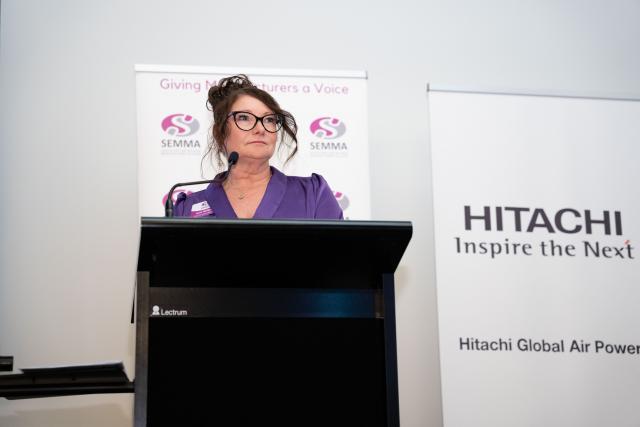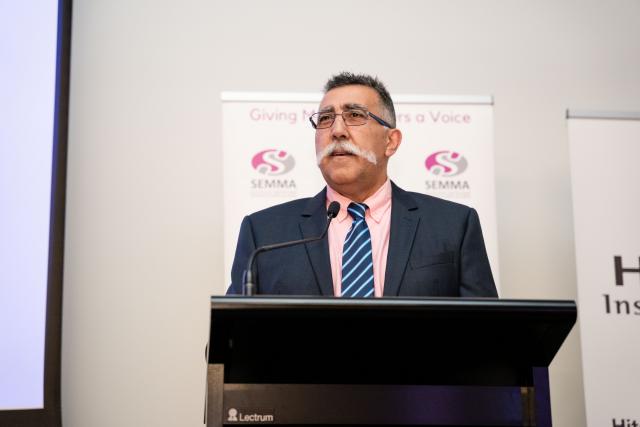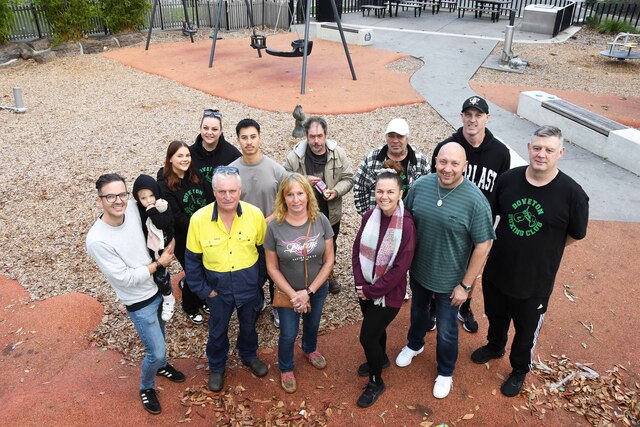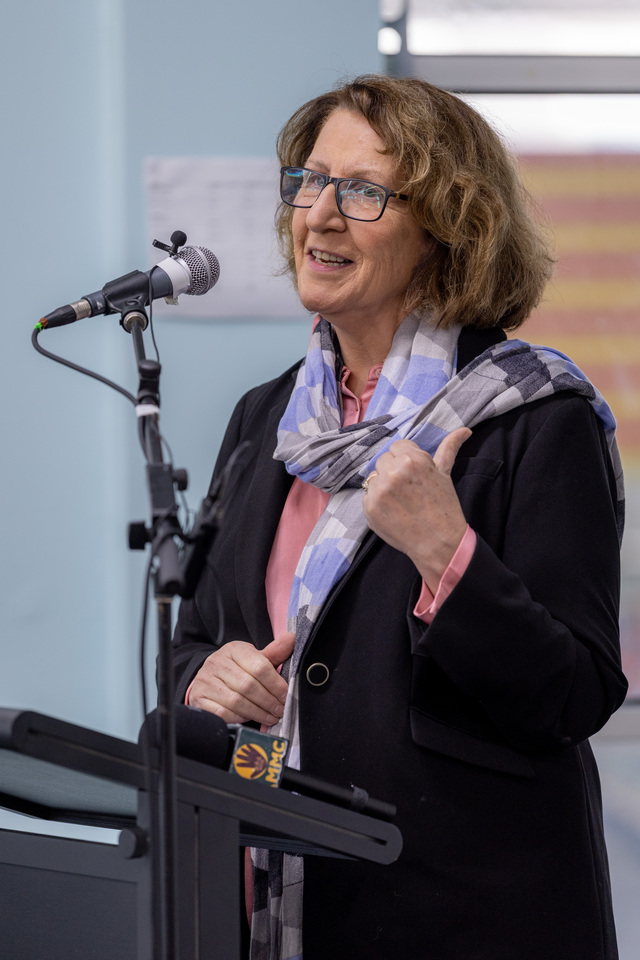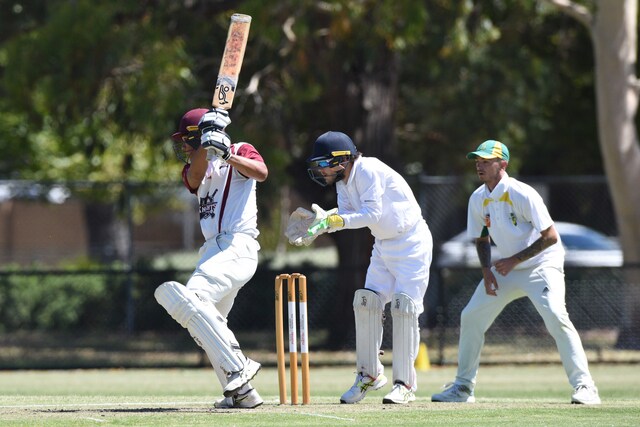Dandenong manufacturers are part of an advocacy group’s fierce campaign calling for the State to stop “gouging“ them with spiralling land tax rises.
South East Melbourne Manufacturers Alliance states it is “seething” at an “unjustified cash grab” from the State Government that it says will cost jobs and investment.
It says that land valuations have soared in the past year, partly fueling land tax bills that have doubled and tripled.
The backlash from SEMMA was “probably the strongest action we’ve taken“ says long-serving SEMMA member and president Peter Angelico.
The Dandenong manufacturer and well-known Liberal member called on the Government to instead “find genuine cost savings without cutting on the quality of service“.
“There’s plenty of ways to save money without putting taxes up.“
Hallam manufacturer Ace Wire Works’ land valuation doubled from $4.2 million to $8.5 million in 12 months. It led to a land tax bill climbing from $58,575 to $177,400.
Ace Wire Works project manager Simon Blashki says its land tax bill had soared 1000 per cent in five years.
He fears that the Government might “kill the Golden Goose”, pointing out that the increased land value “doesn’t make our business more profitable”.
A fairer revenue-raiser would be tied to a company’s profit, Blashki says.
“It’s a huge amount of money to pay. Trying to compete overseas and interstate – that’s where this gets more challenging.”
According to the Government, the “temporary” changes to land tax rates and thresholds are part of its Covid Debt Repayment Plan introduced in 2023.
SEMMA chief executive Honi Walker said manufacturers were being “gouged” to cover the government’s “Covid debt burden”. They should instead be exempt from the land tax increase, she says.
“Manufacturers are being penalized for running profitable businesses – businesses that are the engine room of our state’s economy.
“We continued to pay ever-increasing taxes – land, payroll, FBT, PAYG, Capital Gains Tax, GST and Company Income Tax plus an increase in Work Cover premiums in some cases over 70 per cent – you name it we paid it.
“Now we are being asked to cover a debt that we did not contribute to.”
In a SEMMA members survey, many indicated it would make them increase prices, hinder them from hiring more staff, and investing in equipment. Some have considered moving interstate.
“The effects will be felt at the consumer level when we are forced to increase our prices to cover these tax hikes,” Walker said.
More than half of SEMMA’s membership comes from Greater Dandenong. The South East region employs 267,500 people in manufacturing and provides 30 per cent of Australia’s manufacturing output.
South-Eastern Metropolitan MP David Limbrick of the Libertarian Party told Parliament that “thousands” of manufacturing jobs were under threat due to “yet another over-the-top government response to the pandemic”.
“This is a dreadful assault on the most valuable people we have, the people who use their ingenuity to create wealth.
“Why would you begin a manufacturing business in this state?”
Opposition treasury spokesperson Brad Rowswell said the “excessive” land tax rises were “crushing Victorian families and businesses”.
“The Government has run out of money and we’re all paying the price.
“Victorians deserve immediate tax relief which would take some off the pressure of families and provide businesses with the breathing room to scale up operations and help grow our economy.
“The Liberals and Nationals will rein in cost blowouts on Labor’s major projects and have committed to a wholesale review of Victoria’s tax system.”
A State Government spokesperson said it was engaging with SEMMA to discuss its concerns and how to support manufacturing in South East Melbourne.
“We’re continuing to invest in Victoria’s manufacturing industry to help local businesses innovate and expand as they are key to growing our economy and supporting local jobs.”
The spokesperson said the changes to land tax rates and thresholds were “temporary”.
“Land tax assessments also move with land values.
“Victoria’s land tax scale remains progressive and ensures that smaller property investors pay proportionally less than those with larger landholdings.”

